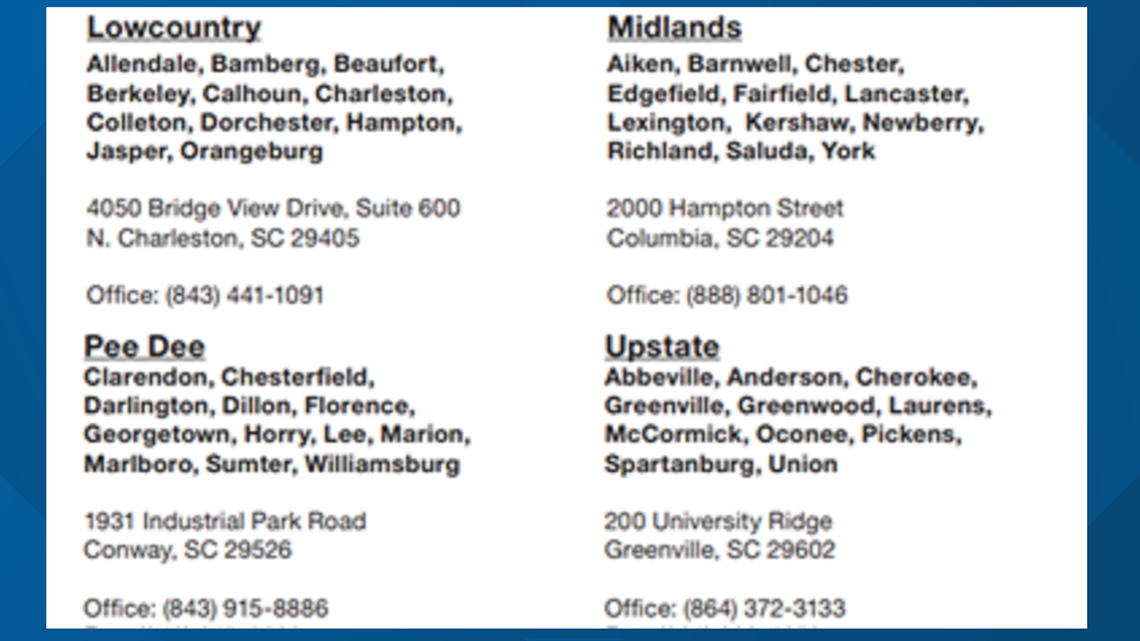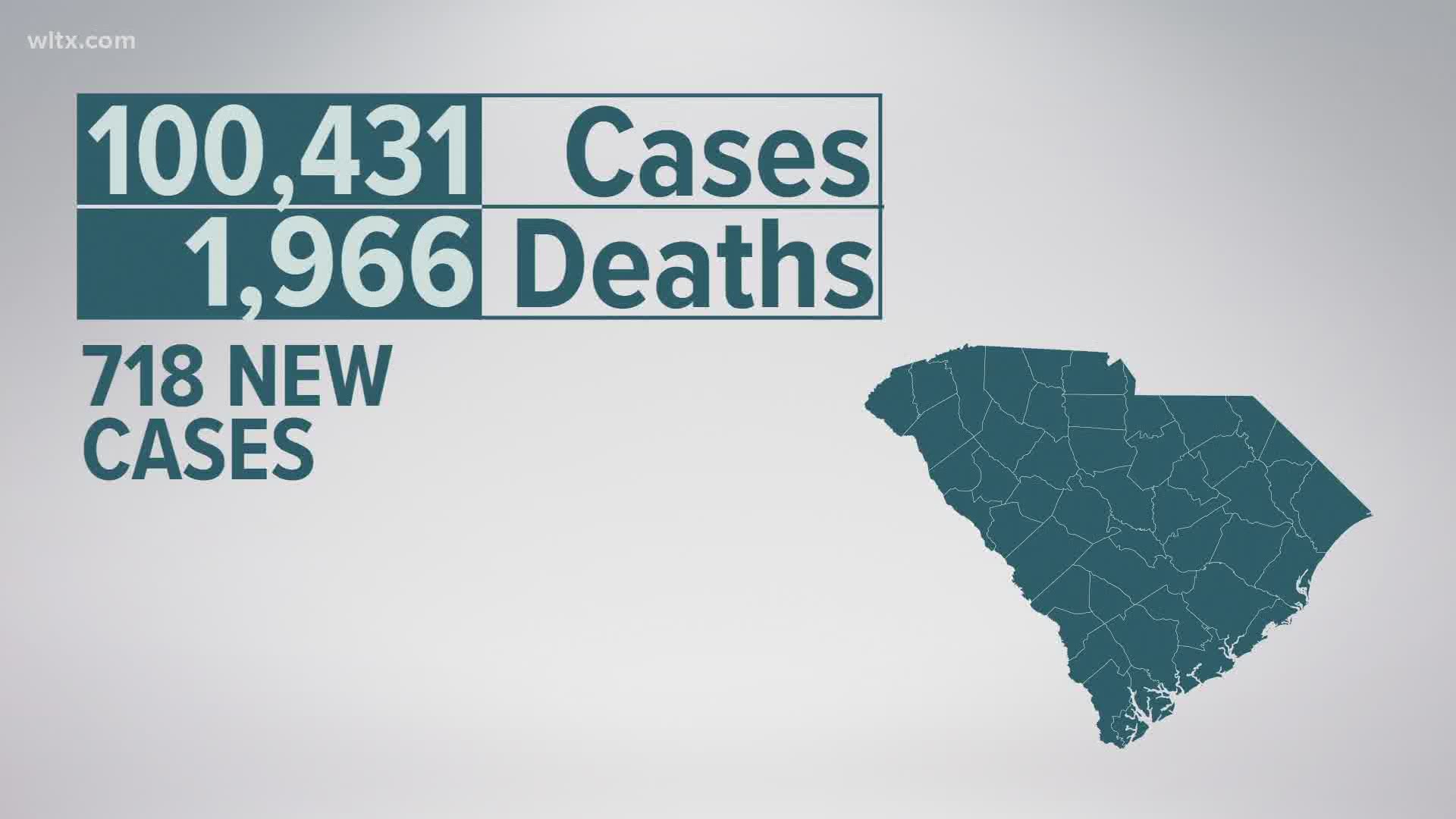COLUMBIA, S.C. — The South Carolina Department of Health and Environmental Control (DHEC) is encouraging all South Carolinians to respond to legitimate contact tracing calls and emails from public health officials, while remaining vigilant against scams.
“Our contact tracing team plays a critical role in helping to slow the spread of COVID-19 in our communities,” said Mike Elieff, DHEC Pubic Health Preparedness director. “We encourage all South Carolinians to do their part by answering our call.”
DHEC has been conducting contact tracing for COVID-19 cases since the first reports in the state. Notifying people about a possible exposure is critical to stopping the spread of the COVID-19 because the virus can be transmitted without causing symptoms. Contact tracing includes two components: case investigations and contact monitoring. Currently, DHEC has more than 700 individuals trained to perform case investigations across the state, supplemented by 230 active contact monitors. A total of 600 contact monitors have been trained to date and will be deployed as needed.
If you test positive for COVID-19, a contact tracer from DHEC will call you. They will:
- Connect you to medical care and help you find resources and support if needed.
- Ask about places you have been and the people you have spent time with recently.
- Make sure the information you provide is kept confidential and not shared with others. They will not ask about your immigration status nor share your information with immigration officials.
- Call the people you recently were in close contact with and let them know they have been exposed to COVID-19. A “close contact” is someone you have been within 6 feet of for at least 15 minutes.
- Not share your name and your personal information with any of your contacts.
- Inform your contacts about what they need to do during the next couple of weeks to take care of themselves and others.
Remaining vigilant against potential scam attempts is important. A contact tracer will never ask for your:
- Social Security number,
- Money, bank account or credit card number, or
- Immigration status.
If you are concerned about whether a caller is a real DHEC official, verify their identity by:
- Asking them to send you an email. The email should end with @dhec.sc.gov.
- Calling the DHEC regional epidemiology office to confirm the caller’s name and credentials.


Contact tracing participation is voluntary and confidential. A legitimate contact tracer will never threaten consequences for not participating or answering questions.
Last week, the U.S. Attorney’s Office for the District of South Carolina announced the establishment of the South Carolina COVID Strike Team. The team is charged with investigating and prosecuting COVID-19 related scams, hoarding, and price gouging activities. Members of the public can report suspected fraud schemes and price gouging related to Coronavirus to the National Center for Disaster Fraud (NCDF) via their hotline (1-866-720-5721) or e-mail address (disaster@leo.gov). For more information about South Carolina’s COVID Strike Team, click here.

